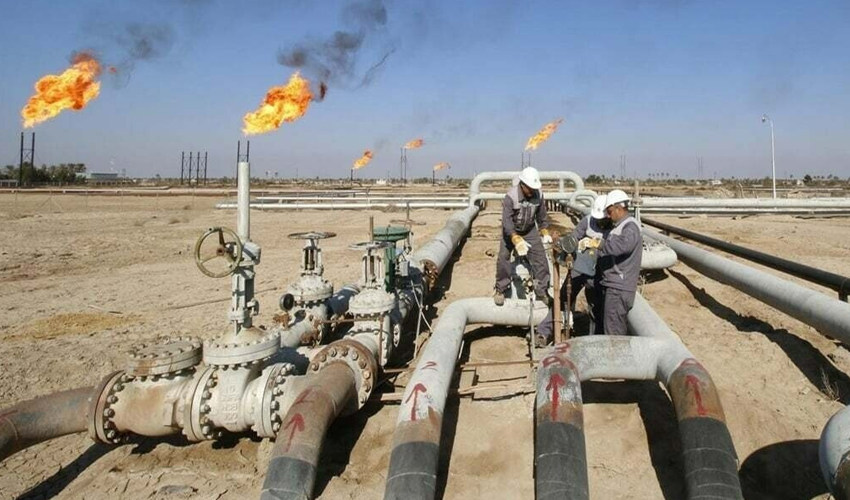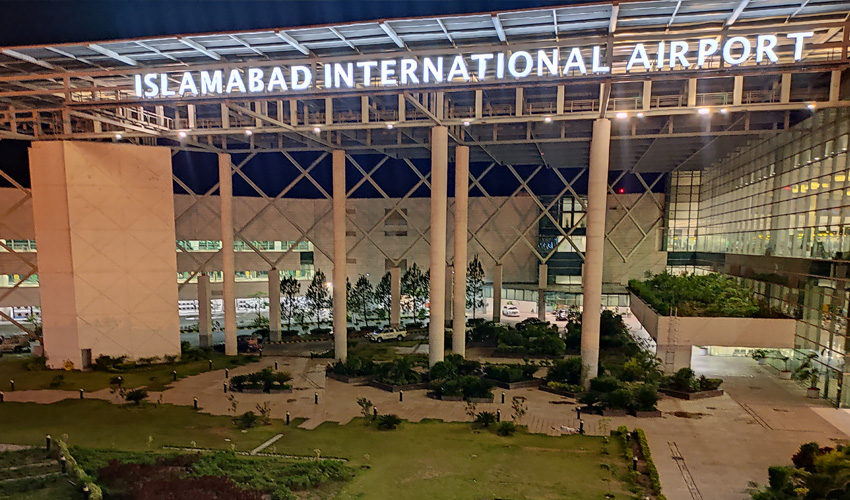In a major development for Pakistan's energy sector, top security officials have revealed the identification of the world’s fourth-largest oil and gas reserves in the seas off the coast of Pakistan.
The officials said the discovery, which has the potential to transform the country’s economy, was confirmed following the completion of an extensive geographic survey that took more than three years to conduct in collaboration with a friendly country.
The officials confirmed that not only have the locations of these oil and gas reserves been identified, but estimates of the reserves have also been made.
According to experts, this discovery could be a significant game-changer for Pakistan, potentially altering the nation's economic fortunes. However, they also caution that there are numerous ifs and buts at each stage of the process. If such large deposits have been discovered together with a friendly country, then they could be extracted as well, the observed.
Also Read: OGDCL strikes oil and gas in Sanghar district
Experts noted that Pakistan has previously attempted to explore its offshore potential, but these efforts were hampered by the high costs of drilling, which the country’s weak economy could not support. The lack of adequate drilling activity, which could not happen as much as it should have, has meant that these potential reserves have remained untapped.
However, with the latest data in hand, experts are urging for immediate re-drilling efforts and to begin extraction as soon as possible because it's not possible there are no reserves offshore in Pakistan.
The discovery of oil reserves, if confirmed, could dramatically alter Pakistan's energy landscape, potentially reducing the country’s reliance on imported energy and significantly boosting its economy. Similarly, the identification of substantial gas reserves could have a transformative impact, offering the potential to lower external debt and improve economic stability.
Also Read: OGDCL, Mari Petroleum make gas discoveries
Economists, however, caution that the time required to bring these reserves into production will depend on the size and accessibility of the deposit area. If there is even a single discovery that has both large production and size, Pakistan's fortunes could alter and all of its foreign debt can be paid off.
Despite the high probability, there is no guarantee that deposits will be discovered where they are found, but if there is quality data, the chances of discovery are increased, the experts say.
Even if an offshore discovery is made, it takes four to five years to bring the reservoir into the system. The process involves significant infrastructure investments, including the construction of production platforms, laying of pipelines, and setting up gas processing plants.
Experts agree that if the reserves are successfully tapped, the mere announcement of such a discovery could immediately shift the dynamics of Pakistan’s economy.



























